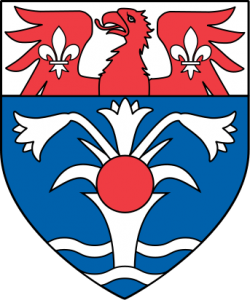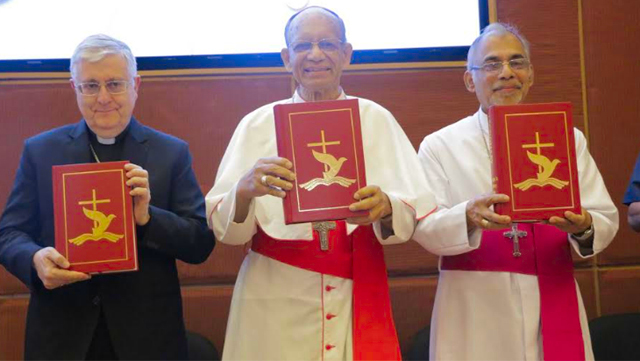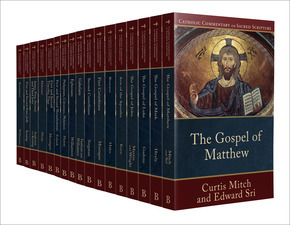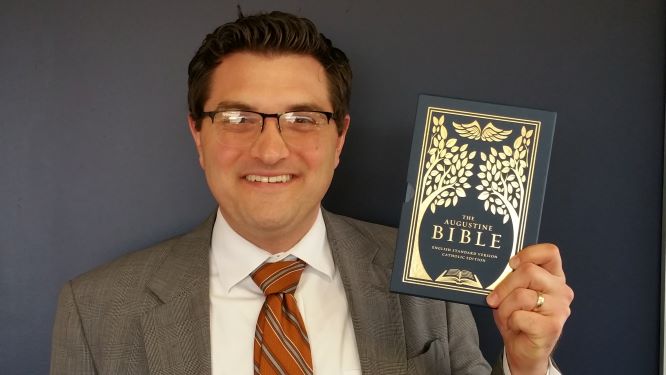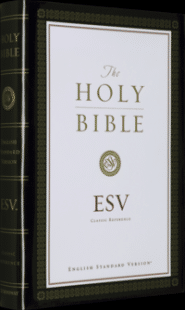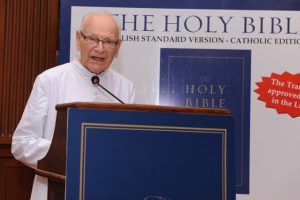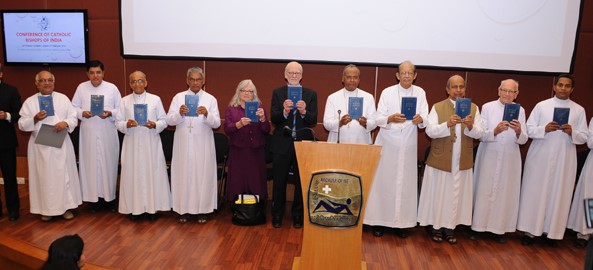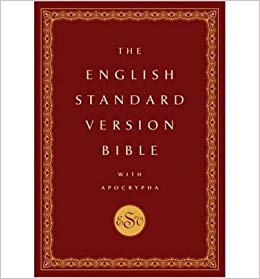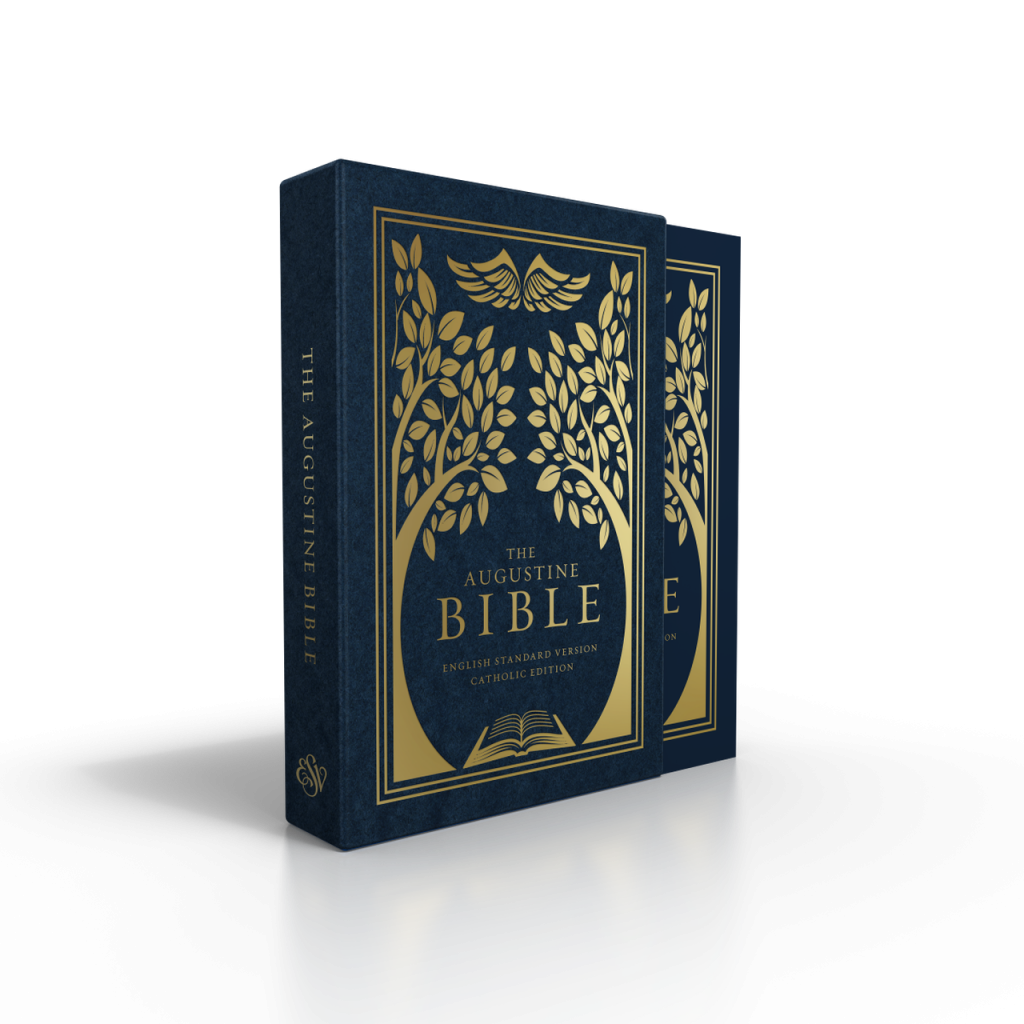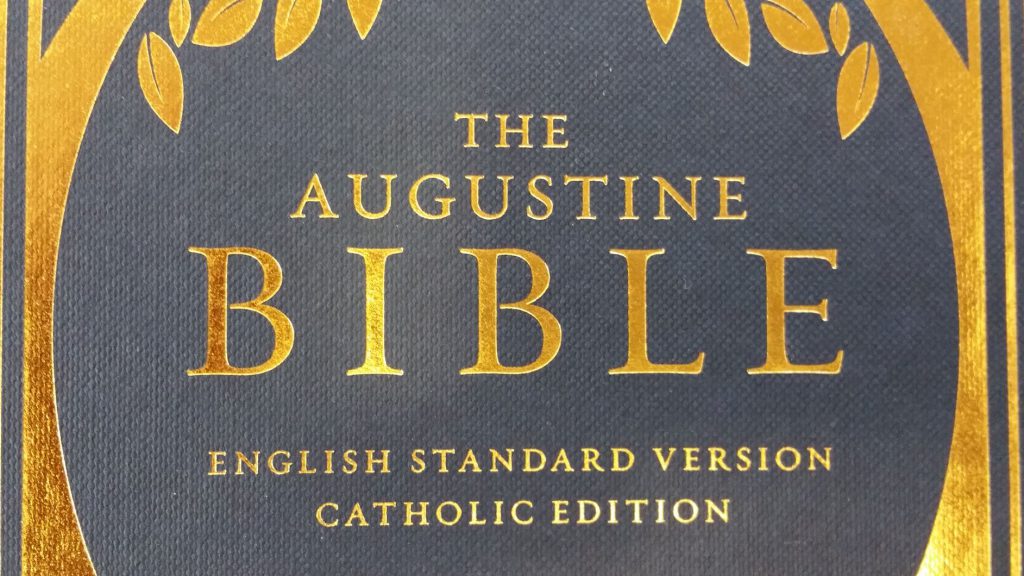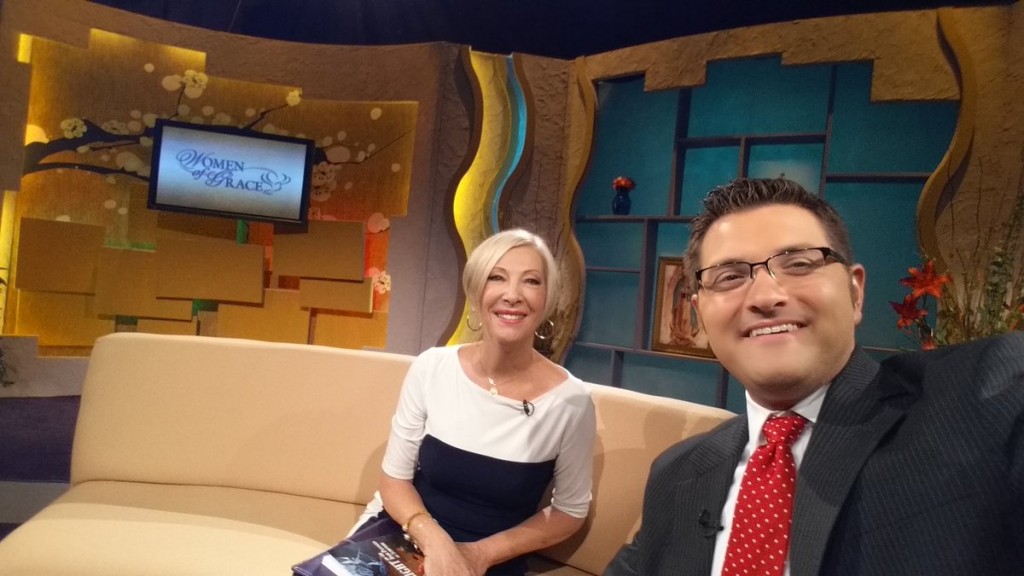Things I’ve learned from the present Covid-19 pandemic (I think):
- We probably won’t make a vaccine since we’ve never made a coronavirus vaccine before.
- Epidemiological models are more fiction than fact. No one can predict the future, not even a computer. (link)
- We won’t solve the “testing problem.” If we were going to solve it, we would have by now.
- Staying at home probably helped prevent a lot of sickness and death, but we’ll never know since there’s no counterfactual.
- Shutting down surgeries and other procedures at all hospitals all at once was a dumb, ham-handed policy move that left hospitals without revenue, empty, furloughing doctors and nurses, instituting pay cuts. 171 hospitals are doing this at last count (link)
- Work-from-home is white collar privilege, not a comprehensive policy. Asking blue collar workers at grocery stores, meat-packing plants, Amazon warehouses, etc. to risk their lives to save white collar people working at their kitchen tables on laptops is probably the best way to foment class warfare. Oops.
- A pandemic is a national news story, but its effects are deeply local and vary from one place to another at any given time. Closing normal hospital work in California when the first wave is hitting Michigan and New York was not a good idea.
- Politicians are selfish and, well, political. Their goal is to score points and votes, not to fix the problem. Same goes for the media organizations.
- When everyone is terrified, selfish and angry, it’s hard to get good information (and toilet paper).
- Trying to blame a politician or a country for the virus is like trying to blame someone for the weather. The blame game is fun to play, but this thing is literally a force of nature.
- The more “takes” I read on the virus, the economy, how life will never be the same, the less patience I have for them.
- Cancelling everything all at once everywhere makes people unhappy.
- America eats over 500,000 hogs a day, but a pork shortage is likely coming.
- The disease is terrible if you get it. Try not to.
- Even though it seems like it won’t, a pandemic does come to an end eventually.
==
These are early thoughts, after reading so much and trying to understand what is happening. We will be looking back on the decisions being made right now for the next few years.
Thinking in biblical terms, Solomon’s prayer comes to mind:
“If there is famine in the land, if there is pestilence or blight or mildew or locust or caterpillar, if their enemy besieges them in the land at their gates, whatever plague, whatever sickness there is, whatever prayer, whatever plea is made by any man or by all your people Israel, each knowing the affliction of his own heart and stretching out his hands toward this house, then hear in heaven your dwelling place and forgive and act and render to each whose heart you know, according to all his ways (for you, you only, know the hearts of all the children of mankind), that they may fear you all the days that they live in the land that you gave to our fathers. (1Ki 8:37-40 ESV)


